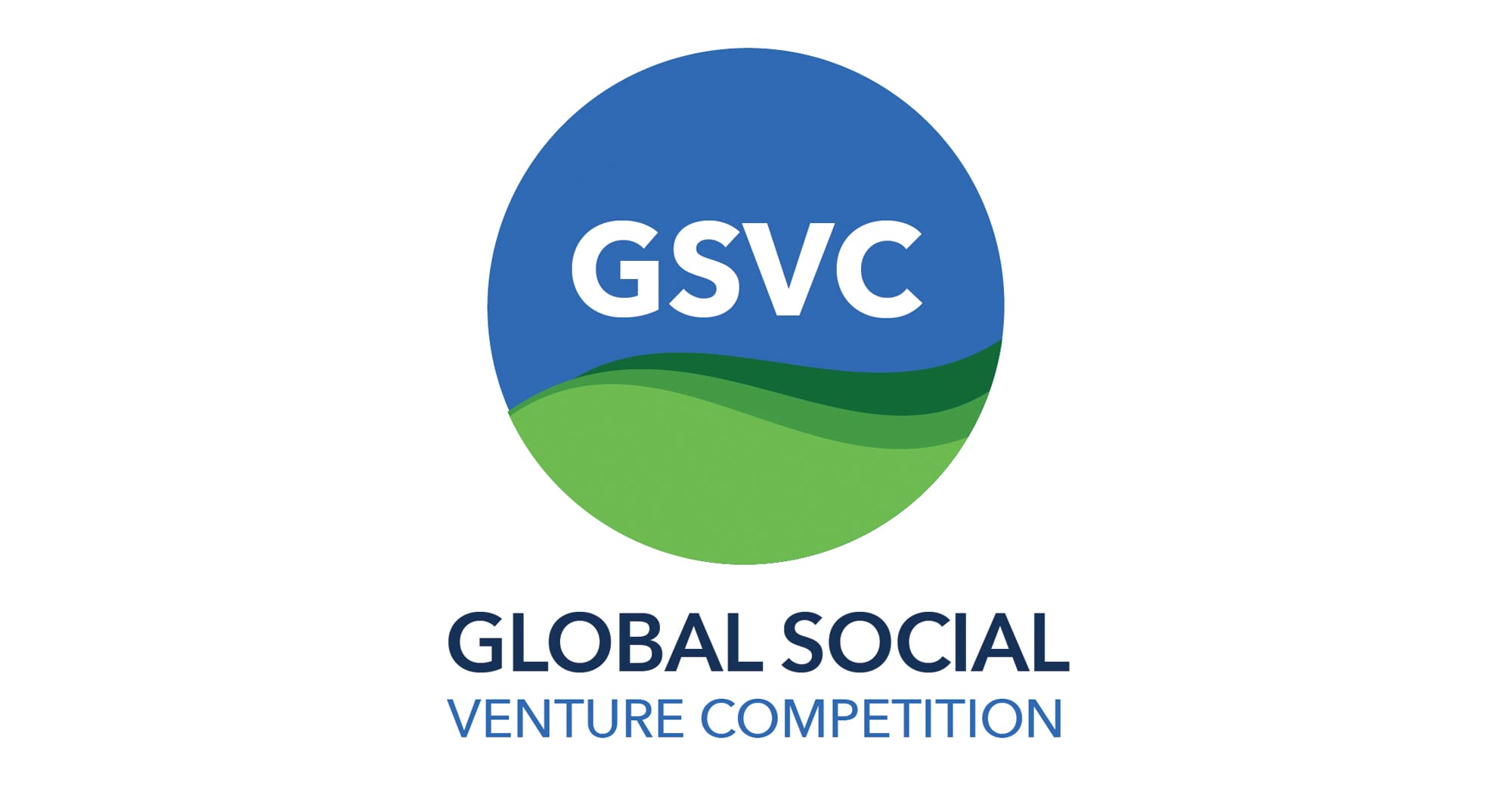GSVC celebrates 20 years of social impact

A Braille tablet that creates tactile text and graphics in real time. Soap that fights malaria. Affordable, modular greenhouses that boost food production. Since 1999, some of the world’s brightest young social entrepreneurs have honed their budding ventures at a Haas-founded competition for social-impact startups. The Global Social Venture Competition provides participants with mentorship, feedback, and a chance to sharpen their ideas. Next year marks GSVC’s 20th anniversary, with a focus on “technology for good.”
The annual competition was the brainchild of five Haas MBA students: Lia Fernald, Alison Lingane, and Denise Yamamoto, MBA 00s, and Nik Dehejia and Sara Olsen, MBA 01s. Since its founding, the GSVC has distributed more than $1 million in prize money, helping more than 6,500 teams from some 65 countries move closer to achieving their vision of a better world. And the GSVC continues to grow. “Last year was the first year we had an Africa regional competition,” says Jill Erbland, GSVC’s program director. “This year, it’s the first time we’ll have one in Latin America.”
Twenty-seven UC Berkeley-affiliated teams took part in the most recent GSVC, and over the years, the competition has launched a number of Haas student-led ventures that have made significant impacts: 2007 winner Revolution Foods, co-founded by Kristin Groos Richmond and Kirsten Saenz Tobey, MBA 06s, provides 2 million healthy school and community meals per week nationwide; Indiegogo, founded by Danae Ringelmann and Eric Schell, MBA 08s, has launched more than 275,000 crowdfunding campaigns.
More recent Haas teams have also found the exposure and business lessons invaluable. Sneha Sheth, MBA 16, and Berkeley grad Sindhuja Jeyabal received encouragement early in the development of Dost, which prepares children in India for school by giving parents tools to promote early childhood development. “A judge at the finals told me that I’d likely get 100 rejections,” Sheth recalls, “but that we should keep trying because we were on to something.” Since then, Dost’s program has reached 25,000 families in the Delhi region; Sheth anticipates reaching 100,000 families in 2019.
For 20 years, some of the world’s brightest young social entrepreneurs have honed their budding ventures at the Haas-founded Global Social Venture Competition.
Similarly Moses Lo, MBA 15, found the GSVC instrumental. Lo started Xendit, which facilitates sending money throughout Indonesia, thus enabling the creation of new businesses and startups. “We met mentors through the GSVC who could guide us through fundraising and give specific advice at the right time,” Lo says. Xendit, now backed by some of the largest venture capitalists worldwide, processes millions of transactions monthly.
Alec Perkins, MBA 07, who’s been a judge for the last two years, says the competition makes him hopeful that startups will solve real-world problems. “I’m totally impressed with the caliber of the students and the depth and variety of their ideas.” So impressed, in fact, that the Perkins Family Foundation is in their fourth year of sponsoring the GSVC.
It’s just the sort of encouragement that new entrepreneurs need. The GSVC was the first pitch competition for Emily Lutyens, MBA 13, cofounder and CEO of LegWorks, which produces affordable, high-quality prosthetic knees for amputees globally. “The GSVC shows the spirit of Haas and its deep commitment to social justice,” Lutyens says. LegWorks was a finalist in the competition, and now more than 1,300 amputees across 30 countries are walking thanks to the company.